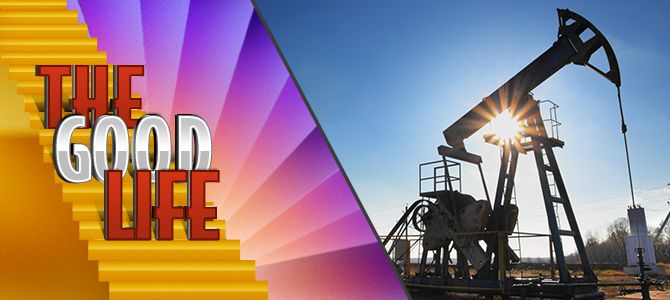The opening of my latest column at EveryJoe:
“You’ve likely heard the Bad News: we are supposed to be running out of resources. As a result you are sometimes asked: Will you continue use up resources selfishly — or are you willing to make sacrifices? Possibly you individually are a person of selfless virtue, but how likely is it that most other people will give up their consumerist lifestyles for the good of humanity? So, you are also asked, shouldn’t we empower the government to make some tough choices on behalf of future generations?
“The Good News, though, is that the Bad News is almost always false — and a relic of pre-modern thinking. …” [Read more here.]
Last week’s column: Lifeboat Ethics: How Scarcity Thinking Sets Us at Each Others’ Throats.

Unfortunately, this type of thinking will not change any time soon. I’ve been substitute teaching for a few months. I have plenty of disturbing stories to tell. One of which is the subject of science. They are actively propagandizing to children. The teacher was discussing renewable energy, and said we were running out of oil. That is absolutely not true. Of course I said that to myself. However, new generations of children are being indoctrinated with environmentalism. I fear for the future.
Yes Scherie, many environmentalists bemoan the “tragedy of the commons” – where a “common” resource like the ocean or a “publicaly owned” one like a forest are used without anyone feeling obliged to care for and maintain them – while being fiercely antagonistic to the remedy: private property.
I was just reading about Venice during the early Middle Ages which became perhaps the first great European power to emerge from the Dark Ages including the mightiest naval power on the Mediterranean (its Arsenale shipbuilding yards capable of producing a new vessel every day). Yet it was a small island city state which aside from fishing had no natural resources. Its foundational resource was a relatively strong economic liberalism and respect for property rights which enabled a robust merchant-trading empire to develop.